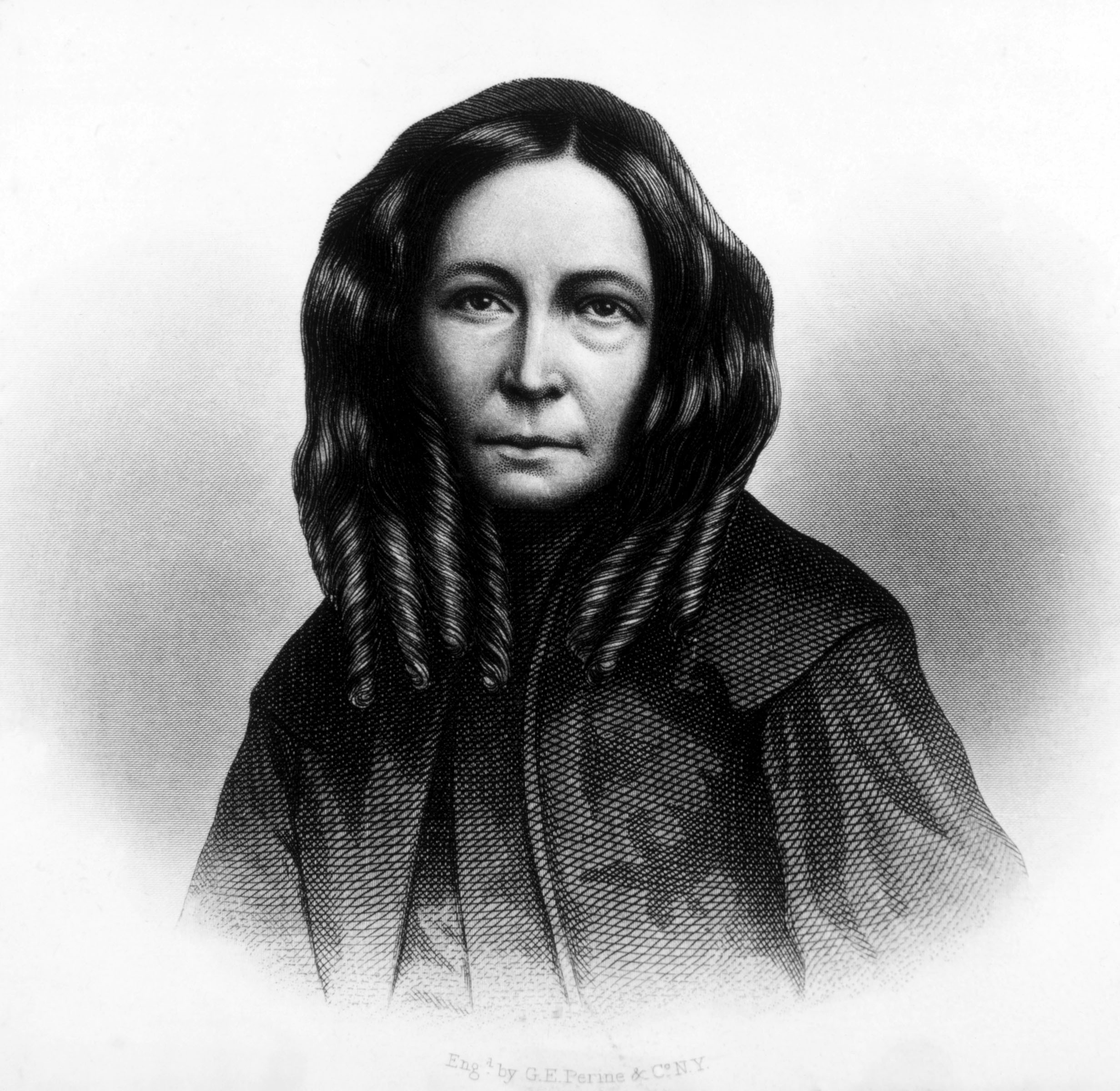Sonnet is a 14-line poem with a fixed pattern of meter and rhyme. Its name is an Italian word meaning a little song. In the Italian sonnet, the octave (first eight lines) states a theme or experience and the sestet (final six lines) responds to or comments on the theme. The octave rhyme scheme is abbaabba (lines one, four, five, and eight rhyme; and lines two, three, six, and seven rhyme). The sestet rhyme scheme is often cdecde.

During the Italian Renaissance (the A.D. 1200’s and 1300’s), poets wrote groups of love poems called sonnet sequences. Dante addressed sonnets to Beatrice, Petrarch to Laura. The French court poet, Pierre de Ronsard, wrote Sonnets for Helene (1578).
English poets brought back this form from their travels abroad. Sonnets by Sir Thomas Wyatt and Henry Howard, Earl of Surrey, were published in Tottel’s Miscellany (1557). For his Amoretti (1595), Edmund Spenser invented his own rhyme scheme. But the form used by William Shakespeare has come to be identified as the English sonnet. It consists of three quatrains (four-line stanzas) followed by a couplet (two-line stanza), rhyming abab cdcd efef gg. By the time Shakespeare’s Sonnets was published in 1609, the writing of sonnet sequences already was out of fashion.
Few sonnets were written in English during the next 200 years. But in the mid-1600’s, John Milton wrote a few great sonnets, including “On His Blindness” (1655). The form was revived by the romantic poets in the early 1800’s. An example is William Wordsworth’s “Nuns Fret Not at Their Convent’s Narrow Room” (1807). Later in the 1800’s, Elizabeth Barrett Browning wrote love poems to her husband in the sequence Sonnets from the Portuguese. Gerard Manley Hopkins explored the limits of the form in “The Windhover” and “Pied Beauty” (both written in 1877 and published in 1918). Many American poets of the 1900’s wrote sonnets, including Edna St. Vincent Millay, E. E. Cummings, John Berryman, and Robert Lowell.
Loading the player...If Thou Must Love Me by E. B. Browning
